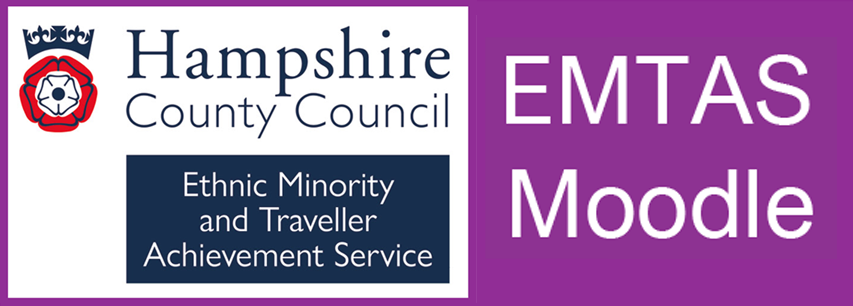Blog entry by Astrid Dinneen
A review by Jamie Earnshaw, Hampshire EMTAS Teacher Adviser.

© Copyright Hampshire EMTAS 2018
As a monolingual teacher of English as an additional language, I often find myself working with students I do not share a first language with. I tend to work with students in the secondary phase of their education, the majority of whom are working on GCSEs. This often involves having to read and use texts full of more complex, academic language, usually based on more abstract concepts. I work with students from a variety of backgrounds; some fully literate in their first language, others not able to read or write but are fully competent in speaking and listening. Therefore, the way I help students to access unfamiliar texts very much depends on the individual student. The C-Pen was quite the breakthrough for me in supporting in my role.
The C-Pen is simple to use for those who are not tech savvy. Just plug it in to charge and before long, it’s ready to use. The simple menu screen makes it easy to select the target language. Then, as easy as it sounds, the tool is ready to be used. The tool works by the user highlighting the target text using the pen, either in print or on screen, and then it provides a translation of the word in the selected other language, along with a definition of the word. So, the C-Pen can be used by students working in English who want to know what particular words are, and their meaning, in their first language. Alternatively, students using first language texts to support their understanding of key concepts can use the pen to check the definition of any words in their first language they are not familiar with, keeping in mind that higher level texts may well have advanced language students have not even learnt in first language.
The pen will read out the target word and provide a definition of the word, in the two languages selected, on the screen of the pen. For those students not secure in reading, the fact that the pen reads out the target language overcomes this possible barrier. Nevertheless, this audio functionality is of course beneficial for all EAL learners; the importance of students hearing target language modelled is a fundamental principle of good practice for supporting students who are learning English as an additional language.
Often lessons are so fast paced, it can be difficult for students to use a traditional bilingual dictionary to look up individual words. With the C-Pen, it is much easier for students to look up words in fast succession as the tool works instantaneously. And, another real benefit of the pen, is it allows students to store texts and words they have looked up in files on the pen, so students can easily go back and look at any text they have looked up during their day and they can then download the files to their computer. They can therefore easily go over any texts or words, to recap their learning. They can even use the pen to audio record any ideas or thoughts they have.
The C-Pen very much encourages students to develop their independence in accessing and understanding unfamiliar texts. Students are easily able to use the pen without support from others. Nevertheless, it is of course a great tool for students to use collaboratively with others students too. Students who speak different languages, working on the same text, can use the pen to easily switch between definitions in different languages when focused on particular words/text.
Whilst it is important for students to be able to understand language at word level, it is also essential that students are able to use the language in context. The C-Pen supports with this. As well as giving a definition of the text, it also provides a sentence, in both English and the other language selected, in which the target word is used.
The C-Pen functions in English, Italian, German, Russian, Spanish and French. It really is a must have for all learners of English as additional language.
More strategies for KS3 and KS4 can be found on the Hampshire EMTAS website.
